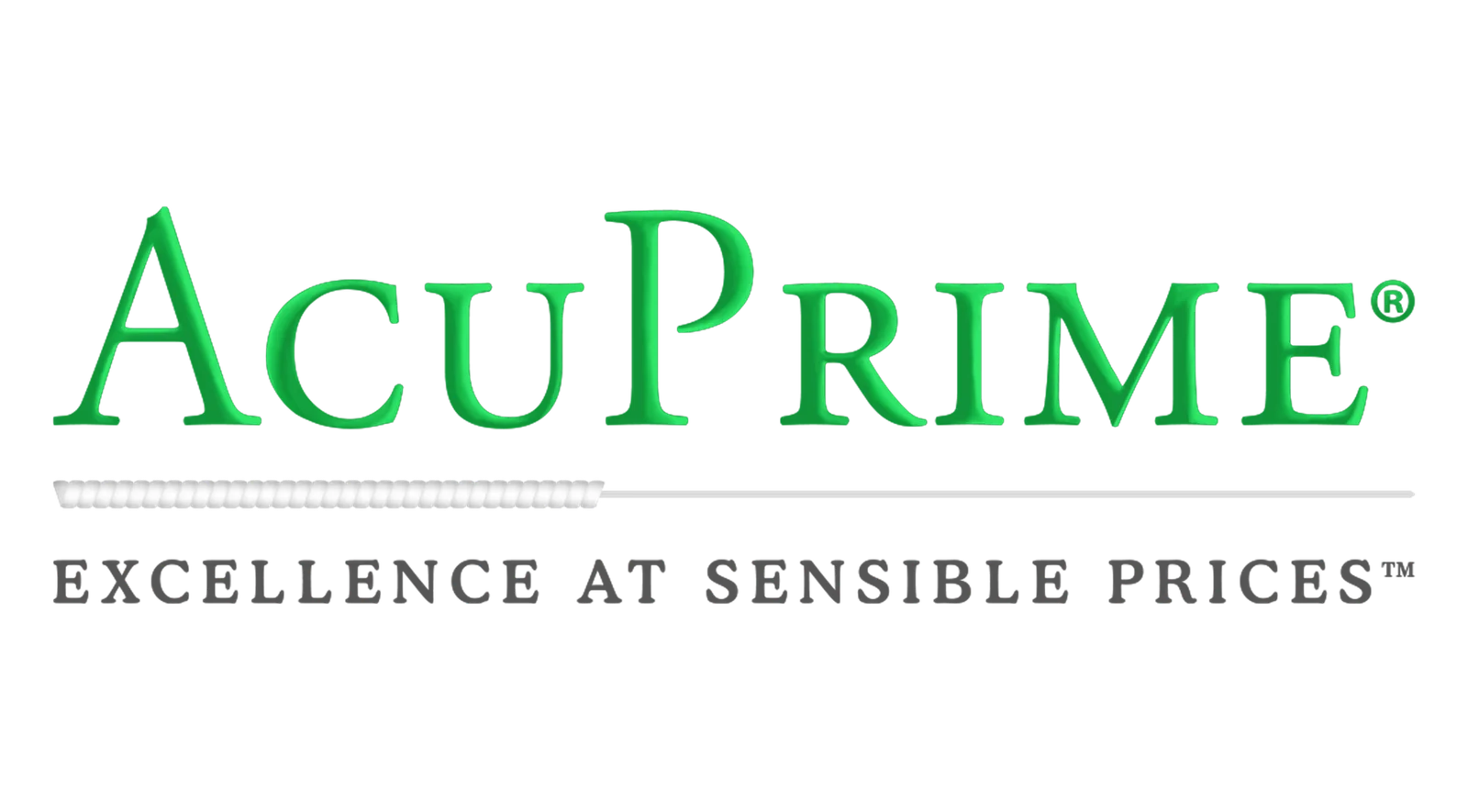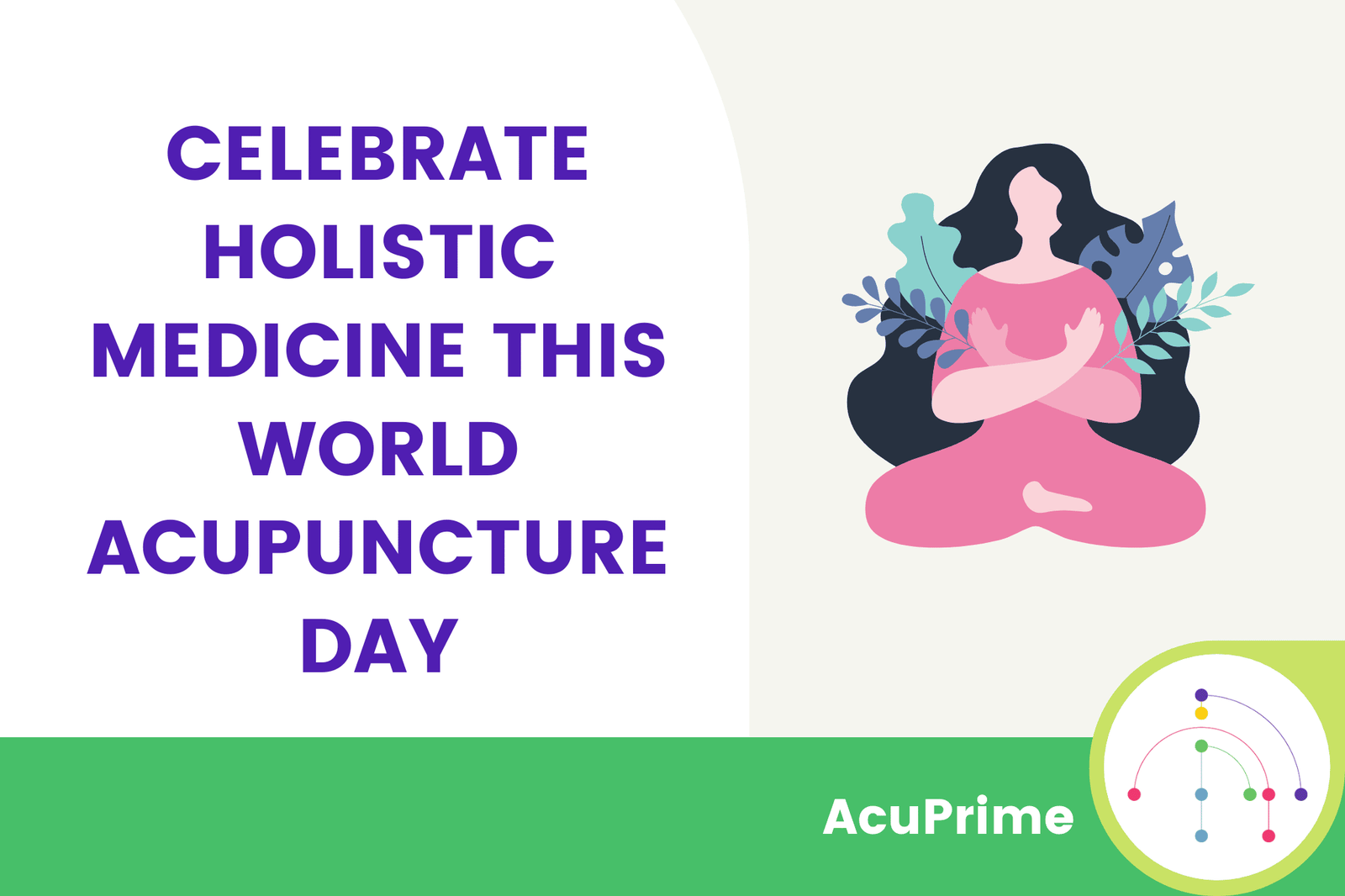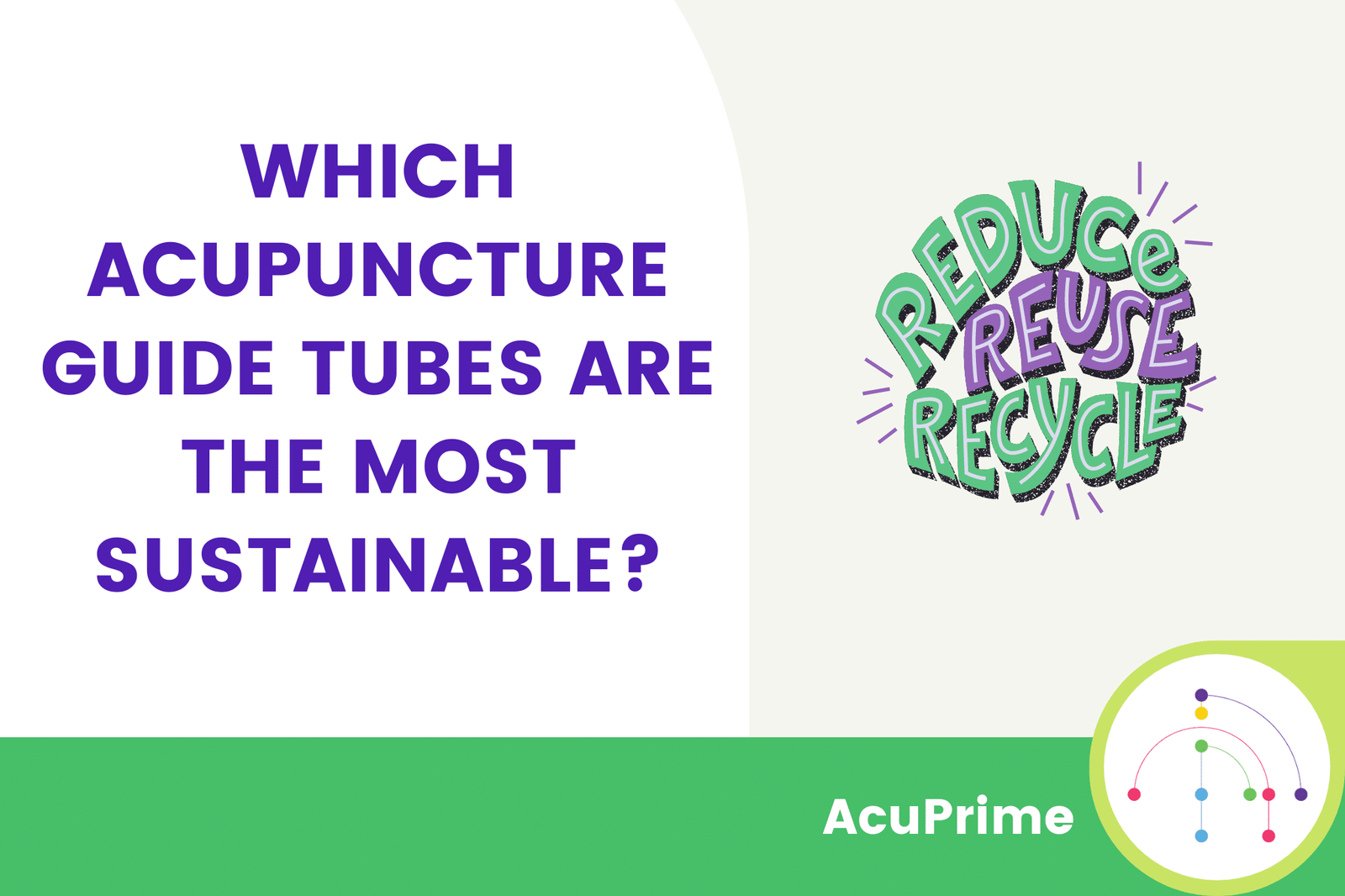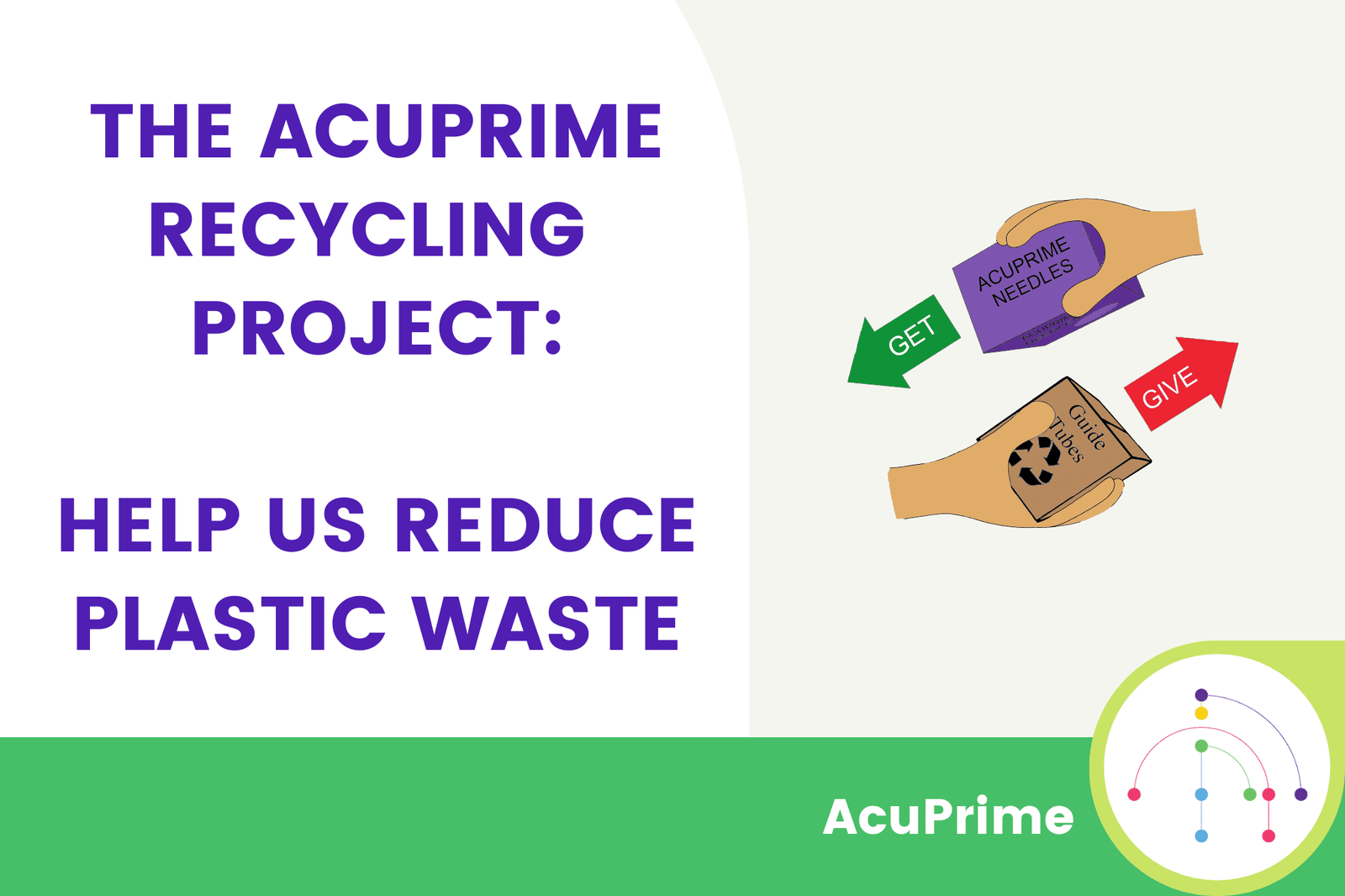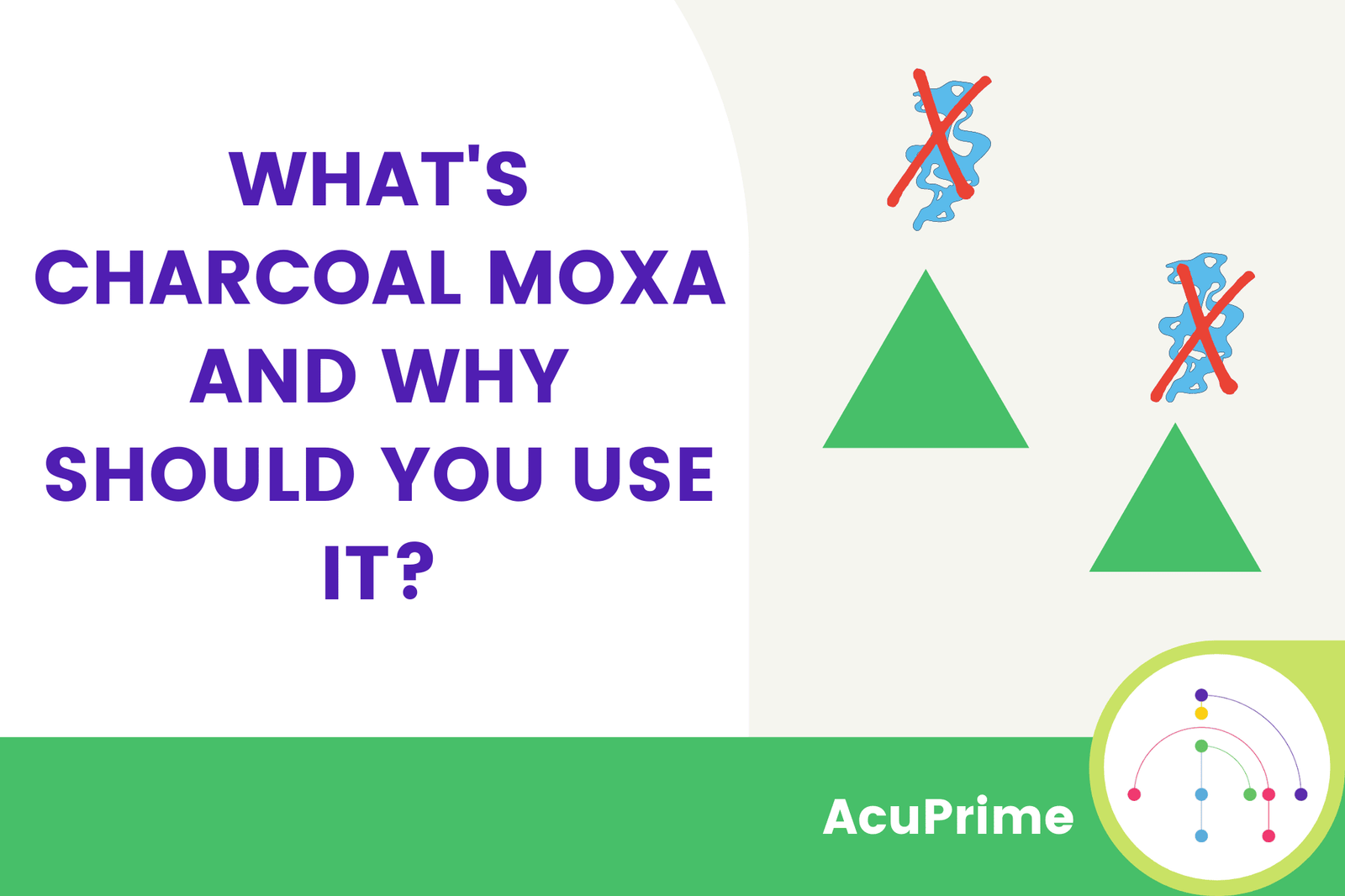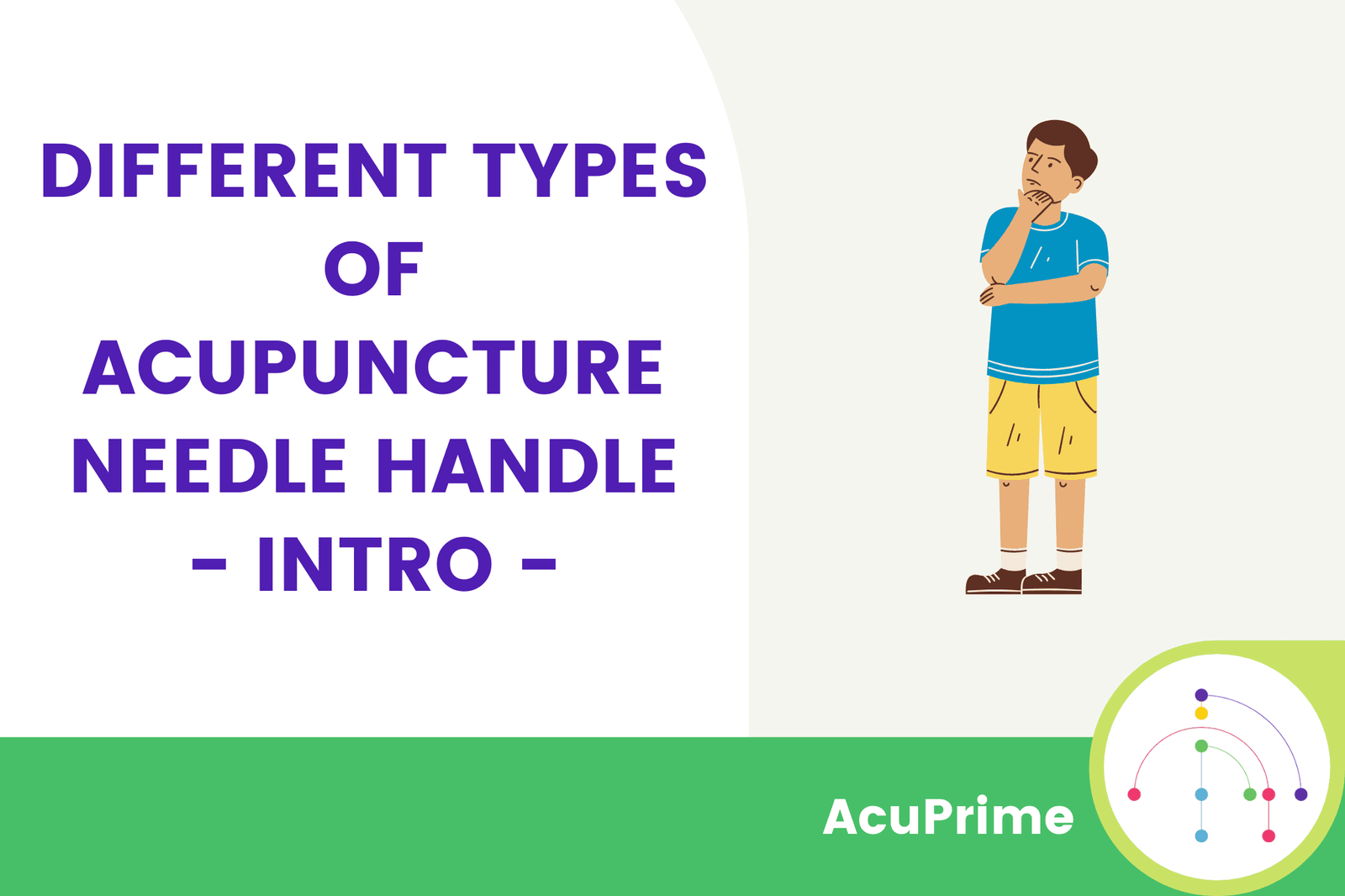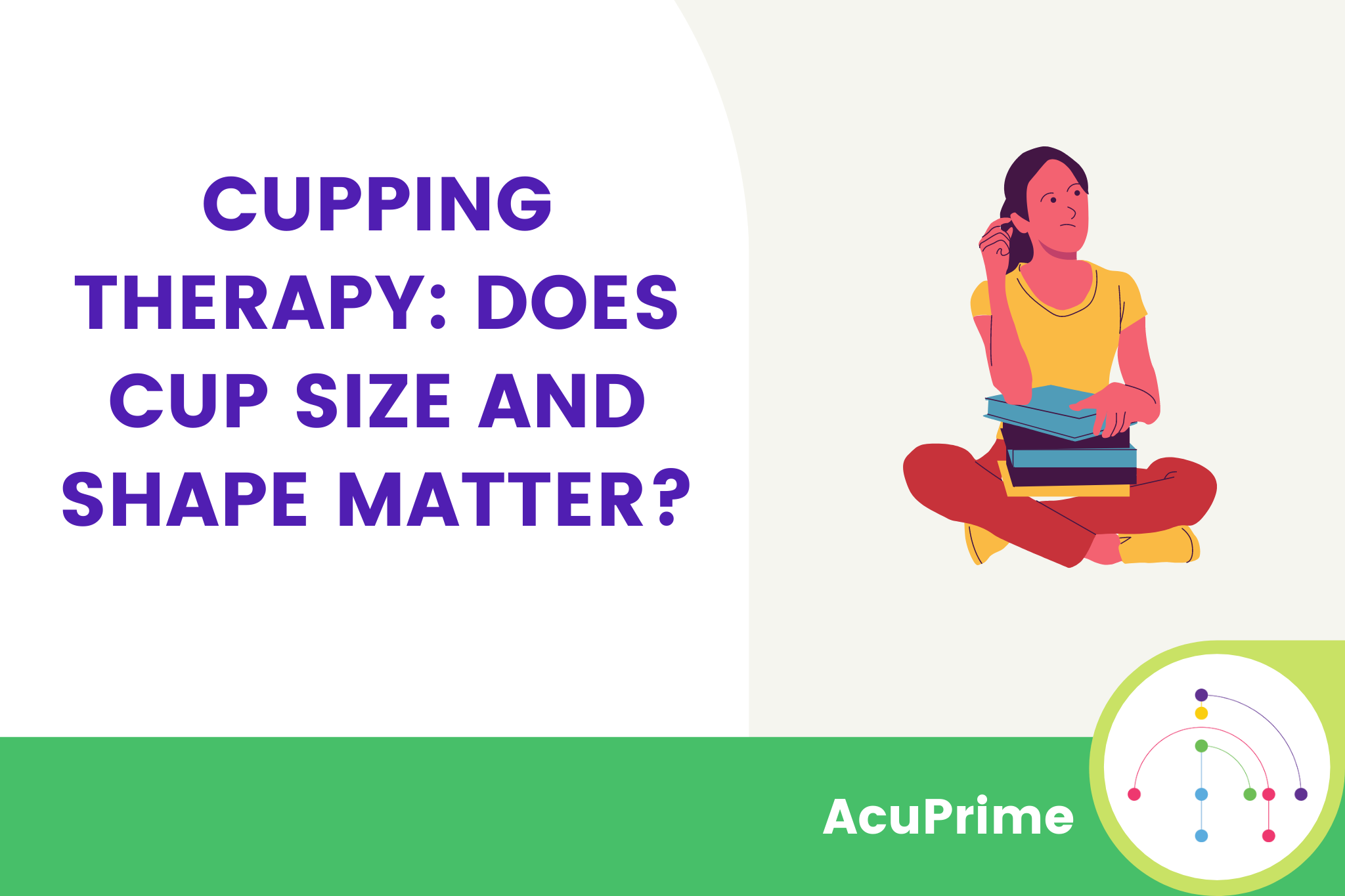This article contains guidance in relation to an evolving situation. Click here for the latest UK government coronavirus advice and here for the latest WHO advice.
Whilst guidance is changing continually in regard to the COVID-19 pandemic, one thing is for sure: understanding and knowing how to wear face masks will be useful.
Face masks are nothing new. Varying types of face mask are worn in the construction sector, the medical sector and in many factories. In short, if a job or activity involves exposure to tiny particles or airborne fluids that aren’t very good for you, you wear a face mask.
However, to many of us, the idea of wearing a face mask can feel a little overwhelming, even claustrophobic. This is completely understandable, changes to the norm can feel jarring at the best of times.
Face masks may begin playing a large role in your personal and professional life, or they might be used only occasionally. For your clients, they might also be a source of stress and discomfort. In this article, we’ll go over the basics of what face masks do and you can watch WHO videos offering guidance of how to wear one properly.
If you have clients who feel uncomfortable or unsure about wearing face masks, feel free to direct them to this article.
Adjusting to Personal Protective Equipment (PPE)
The very idea of wearing a face mask might make you feel uncomfortable, particularly if you’ve never worked in an environment that’s called for them. So, to ease this discomfort, let’s look at what they are.
A face mask is simply a piece of PPE. We all use PPE on a regular basis, even if we don’t always think of it as such. Take oven gloves for example. These can be thought of as household PPE – they protect your hands from a danger, in this case, a 200°C apple crumble dish (mmmmmm, apple crumble…)
Remember school chemistry class when you got to pour various liquids into beakers and watch what happened? You were most likely wearing safety glasses. Maybe even latex gloves. How about sanding wood at home? You may well have worn a dust mask so you didn’t breathe in fine wood and varnish particles.
All of these are examples of PPE that most of us would put on without even thinking about it because it makes sense in a specific environment.
Face masks are no different, except we might be wearing them in environments that don’t ordinarily need them, such as supermarkets, on public transport or having regular appointments with clients. The reason why face masks feel so strange is simply because we’re not used to them and thankfully, the more you wear one, the more familiar it will become.
What Do Face Masks Actually Do?
In relation to the COVID-19 pandemic, we can’t tell you how effective wearing a face mask is for preventing the spread of the virus because there simply isn’t enough consistent information yet. However, unless you fall into a category where wearing a face mask might not be appropriate (e.g. young children or those with breathing difficulties), there are few downsides to wearing a face mask when out or with clients.
Face masks also come in different types, with each blocking different levels of particles and fluid. Often, face masks are broken down in the media into two categories: medical and non-medical. The UK government are currently advising that medical face masks and respirators should be reserved for use by healthcare workers and those not working in a medical environment should choose non-medical face masks/face coverings.
Non-Medical Face Masks/Coverings
Non-medical face masks and coverings do not protect you completely from coronavirus. However, should you have it, wearing a face mask can help prevent you passing it on as the mask captures some the droplets you exhale. Face masks, in conjunction with other precautions such as regular hand washing, may reduce your risk of catching the virus. Of course, if you have symptoms of coronavirus, you should self-isolate (links to NHS guidance) and seek medical attention if necessary.
Non-medical face masks can be made out of fabric. You can check out this BBC article for details on how to make fabric face coverings.
Medical Face Masks and Respirators
Medical face masks and respirators are currently being reserved for use by healthcare professionals including first responders. These masks and respirators filter small particles and are deemed by the WHO as suitable for medical workers using PPE against coronavirus.
Medical masks: ‘surgical or procedure masks that are flat or pleated; they are affixed to the head with straps that go around the ears or head or both’
Respirators: ‘similarly offer a balance of filtration and breathability; however, whereas medical masks filter 3 micrometre droplets, respirators must filter more challenging 0.075 micrometre solid particles. European FFRs, according to standard EN 149, at FFP2 performance filter at least 94% solid NaCl particles and oil droplets, and US N95 FFRs, according to NIOSH 42 CFR Part 84, filter at least 95% NaCl particles.’ (p2, Advice on the use of masks in the context of COVID-19)
When it comes to respirators, the codes may be confusing. This is due to the nomenclature used by different regulatory bodies internationally. For instance, the N95 respirator is a US designation, the FFP2 is a European designation and the KF94 is a Korean designation. In reality, these three masks are each other’s equivalents.
Highest protection: FFP3 and N99
High protection: FFP2, N95 and KP94
Both FFP2 and FFP3 masks are currently recommended by the WHO for medical professionals working with COVID-19 patients.
Healthcare Professionals
What if you’re seeing physio or sports therapy patients during this time? To keep up to date with the latest face mask and PPE guidance for your healthcare professional, check with your regulatory body.
For the latest advice regarding physiotherapists and PPE, check out the Chartered Society of Physiotherapy’s guidance here.
Sourcing Face Masks
You can purchase our disposable non-medical face coverings and our KF94/FFP2 masks over on our sister company Meridius Medical’s website at www.meridiusmedical.com.
If you are a medical practitioner please apply for a free trade account to get access to even better prices.
